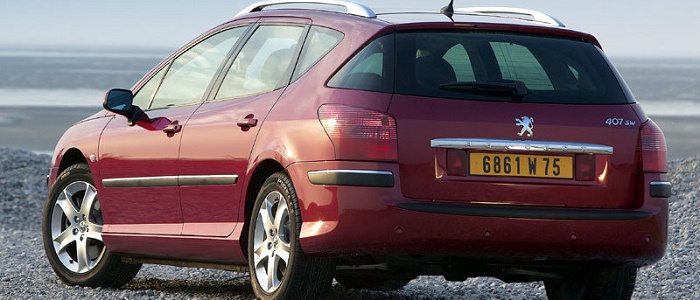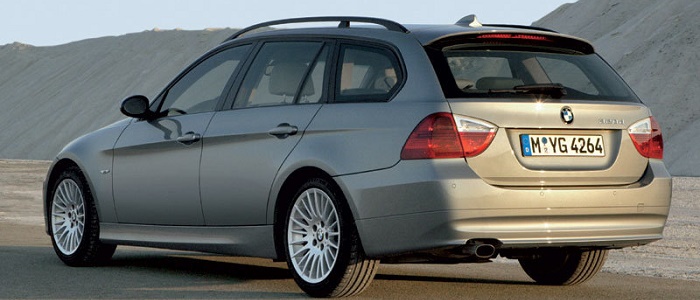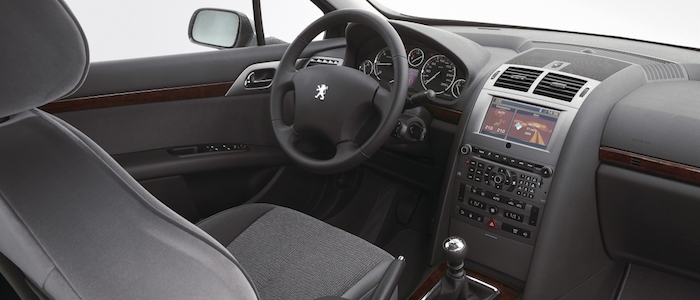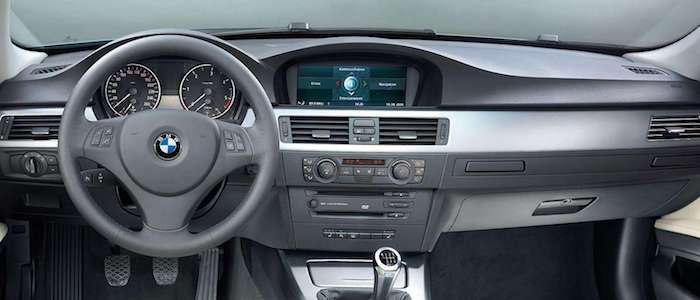Compare two cars
Compare any two cars and get our Virtual Adviser™ opinion
Dimensons & Outlines
Check vehicle history
Engine
Performance (manual gearbox)
Performance (automatic gearbox)
Expenses
Virtual Adviser's™ opinion
Two significantly similar cars, no doubt about that. Still, each one has something different to offer. Having both cars powered by diesel engines and utilizing the 5-door wagon body style within the same 'Large family car' segment, the only major difference here really is their wheel drive configuration (front for the Peugeot and rear in the case of the BMW). The first one has a Ford-engineered powertrain under the hood, a 6-cylinder, 24-valves 204hp unit, while the other one gets its power and torque from a 6-cylinder, 24-valves 197hp engine designed by BMW.
SafetyThe first thing to look into here would be the results from European New Car Assessment Programme (Euro NCAP) tests performed on the two cars. Good thing is that both vehicles got tested, with the same number of safety stars gained in the process. That aside, let's consider some other aspects which affect safety. Both vehicles belong to the large family car segment, which is generally a good thing safety-wise, but it doesn't do much to help us decide between the two. Furthermore, when it comes to weight, a factor that most people underestimate, the French car offers a marginal difference of 1% more metal.
ReliabilityI don't like generalizing things when it comes to reliability, although it does seem that Peugeot as a brand displays somewhat better results, at least on all of the models level. That's the official data, while our visitors describe reliability of Peugeot with an average rating of 4.3, and models under the BMW badge with 4.1 out of 5. The same official information place 407 as average reliability-wise, and 3 Series is more or less at the same level.Above it all, drivers of cars with the same engine as the French car rank it on average as 4.0, while the one under the competitor's bonnet gets 4.5 out of 5.
Performance & Fuel economyBMW is undoubtly more agile, reaching 100km/h in 1.2 seconds less than its competitor. In addition to that it accelerates all the way to 233 kilometers per hour, 5km/h more than the other car. When it comes to fuel economy an obvious choice would be the German car, averaging around 6 liters of fuel per 100 kilometers (47 mpg), in combined cycle. That's 42% difference compared to the French car!
Verdict
Peugeot appears just a bit more reliable, although the difference is truly marginal. The most important thing when deciding between any two vehicles should always be safety, both passive and active. In my opinion, everything taken into account, the French car offers slightly better overall protection and takes the lead. From there things take a different direction, with BMW outracing its opponent in any situation possible, making it better choice for boy racers. To make things even better, it consumps less fuel! All together, there's not much more to say, in this case I wouldn't even consider anything but BMW. In any case that's my personal view, built upon all the data available to me. What should decide here though is the way you feel about the two vehicles, and I hope you'll find my guidelines useful in the process. I suggest you spend two more minutes in order to find out which car, based on your needs and budget, would be picked by the virtual adviser™, among thousands of similar, yet so different vehicles.

































